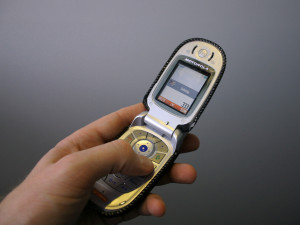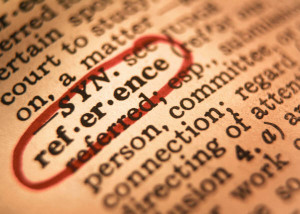You have read obituaries. They list every job the deceased held. Sometimes you see a single career path, other times you see a career path that winds all over the place. Resumes are the same. You can see a theme of success or a laundry list of everything done in every job held.

Creating a resume that is relevant for the position will prevent keep your resume in the running. And not here.
If your career path covers everything from scooping ice cream in high school to selling the cure for the common cold and everything in between, including all of it in your résumé does more harm than good. Today your résumé needs to highlight your skills and experience that make you the ideal candidate.
I have looked at candidate resumes that are impressive. But they don’t answer the question, “WHY ARE YOU THE BEST CANDIDATE?” Buried in the content is information that related to the position. Sometimes, I find it at the end of the résumé. This hidden gem won’t get read if the reader doesn’t find a reason to continue reading after the first half of the résumé.
Listing irrelevant skills and experience won’t get you the interview. However, if you are looking for a sales job and you show you sold more ice cream than your co-workers for several years running, or you consistently surpassed your quota for selling the cure for the common cold, you are now a person of interest.
Eliminate the non-essential. Show in dollars and percentages how you made money, saved money, or saved time. Show them how you are the best at what you do by listing the awards and honors you have received.
Tell them that you were the office guru when it came to knowing how to do a specific task. You were selected for a project because of something you did to impress your supervisors.
Check your past performance reviews for the information you can use. Talk to your former co-workers to see what they have to say about your skills.
Your next employer doesn’t want to know everything you’ve done; they just want to know will do the best in the position. Give them what they are looking for. Less is more in this case. More useless information could mean the demise of your consideration for that position.





